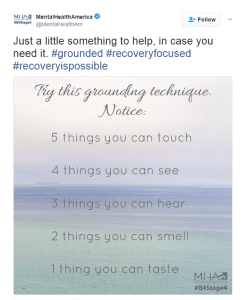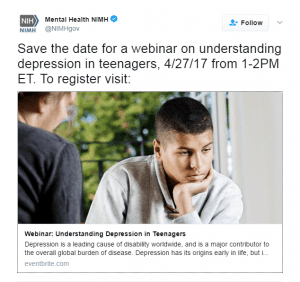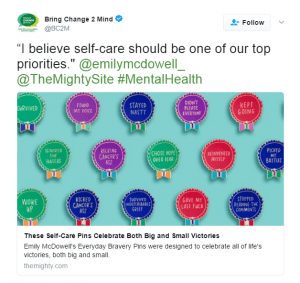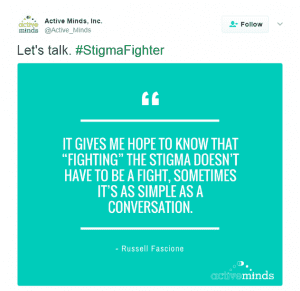
Using Behavioral Methods to Manage Your Depression
April 7, 2017 in LINKS
Often times when a person is depressed they may feel tired, as well as have a lack of motivation and energy. These changes in mood often times lead a person who is depressed to not carry out their daily tasks, activities, and responsibilities. All of these responsibilities at home, school, or work can begin to pile up. This can cause you to feel overwhelmed, creating an increased feeling of guilt, uselessness, and failure. This can become a cycle that increases the depressed mood and further lowers motivation. Increasing your activity levels can help you to feel better, be less tired, and think more clearly. Positive experiences can help alleviate some of the depressed feelings and mood. 
The Behavioral Strategies for Managing Depression Module provides a list of 185 ideas about pleasurable activities that someone could do such as thinking about planning a day’s activities, exercising, or going ice skating, roller skating/blading. When you are feeling depressed, you have to plan fun and enjoyable activities into your life. The module has a worksheet for you to follow to help you track your activities and rate your depression, pleasant feelings, and sense of achievement before and after the activity. It also has a weekly schedule to help plan out daily responsibilities and pleasurable activities.
You should start slow by adding just a few small activities a week. Then slowly increase the amount of activities over time. It might seem hard in the beginning, however, setting reasonable goals for yourself is important so it won’t feel like too much too soon. Choosing to perform tasks that give you a sense of achievement or mastery will help you feel like you are starting to regain control over your life. Once you have a sense of achievement it may encourage you to do more.
What are some fun and pleasurable activities you do to help fight depression and increase your mood?



















Recent Comments